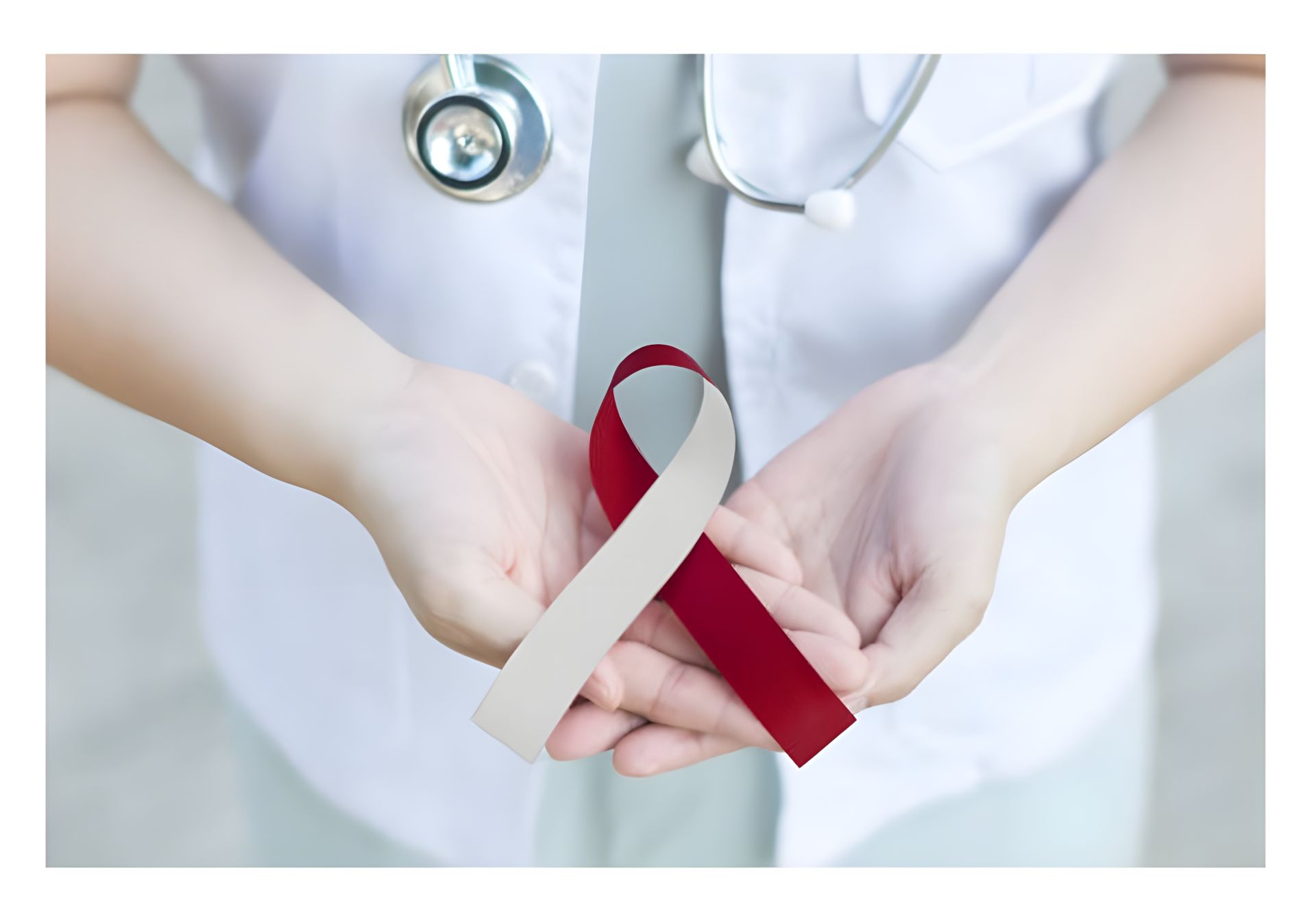 09 Apr 2025
09 Apr 2025
Every year in April, the world comes together to observe Oral Cancer Awareness Month, a time dedicated to educating the public about the signs, symptoms, and prevention of oral cancer. While it may not receive as much attention as some other cancers, oral cancer is a serious and often deadly disease that affects thousands of people worldwide. The goal of this month-long campaign is to raise awareness, promote early detection, and encourage healthy habits that can help reduce the risk of developing oral cancer.
The Importance of Oral Cancer Awareness
Oral cancer refers to cancers that develop in the mouth, throat, lips, tongue, cheeks, and floor of the mouth. According to the American Cancer Society, over 54,000 people in the U.S. are diagnosed with oral cancer every year, and nearly 11,000 die from it. Despite these alarming statistics, oral cancer remains underrecognized, and many people don’t fully understand the risks or the early signs of the disease.
Oral cancer is often diagnosed in later stages when it becomes harder to treat. However, when caught early, the survival rate for oral cancer can increase significantly. That’s why Oral Cancer Awareness Month is so crucial—it serves as a reminder to the public and healthcare providers to promote early screening, self-exams, and regular dental checkups.
Risk Factors for Oral Cancer
While oral cancer can affect anyone, there are certain factors that can increase a person’s risk:
Tobacco Use: Smoking cigarettes, cigars, and using smokeless tobacco products are among the top risk factors for oral cancer. The chemicals in tobacco can damage the cells in the mouth, leading to cancerous growths.
Heavy Alcohol Consumption: Drinking large amounts of alcohol, particularly in combination with tobacco use, increases the likelihood of developing oral cancer.
HPV Infection: The human papillomavirus (HPV), particularly HPV-16, is a growing cause of oral cancers, especially in younger people. HPV-related oral cancers are often found at the base of the tongue and the tonsils.
Sun Exposure: Excessive sun exposure can lead to lip cancer, especially for those who spend a lot of time outdoors without lip protection
Age: Oral cancer is more common in people over the age of 40, with the incidence rising with age.
Poor Diet: A lack of fruits and vegetables in the diet can contribute to the development of oral cancer, as these foods provide essential nutrients and antioxidants that help protect the body from cancer.
Early Signs and Symptoms
The key to increasing the survival rate for oral cancer is early detection. Knowing what to look for is critical, as some symptoms might seem subtle or go unnoticed. Common signs of oral cancer include:
- Persistent mouth sores or ulcers that don’t heal
- Unexplained pain or tenderness in the mouth, throat, or neck
- White or red patches in the mouth or on the lips
- Difficulty swallowing or chewing
- Numbness or pain in the mouth or tongue
- A lump or thickening in the cheek or neck
- A change in the voice or hoarseness
- Sudden weight loss
If any of these symptoms persist for more than two weeks, it is essential to consult a healthcare professional for a thorough examination and potential biopsy.
How to Prevent Oral Cancer
While not all cases of oral cancer can be prevented, there are several steps you can take to reduce your risk:
Avoid Tobacco Products: Quitting smoking or using smokeless tobacco products is one of the best ways to reduce your risk of oral cancer.
Limit Alcohol Consumption: Cutting back on alcohol or avoiding it altogether can lower the chances of developing oral cancer.
Practice Safe Sun Exposure: Use lip balm with SPF to protect your lips from harmful UV rays, especially if you spend a lot of time in the sun.
Maintain Good Oral Hygiene: Brush and floss regularly to keep your mouth healthy. Regular dental checkups also allow your dentist to look for any potential signs of oral cancer.
Get Vaccinated: The HPV vaccine can protect against the strains of HPV that are linked to oral cancer, particularly for young people before they become sexually active.
Eat a Healthy Diet:A diet rich in fruits, vegetables, and whole grains provides the nutrients and antioxidants your body needs to fight cancer.
Regular Screenings: Early detection is key. Make sure to schedule regular dental checkups, where your dentist can perform oral cancer screenings to look for any unusual changes in your mouth.
The Role of Healthcare Providers
During Oral Cancer Awareness Month, healthcare professionals are encouraged to educate patients about the importance of self-exams and regular checkups. Dentists play a pivotal role in early detection, as they are often the first to spot signs of oral cancer. If a patient is found to have an abnormal growth or lesion, a referral for further testing and biopsy can help catch the disease early, which significantly improves the chances of successful treatment.
Conclusion
Oral Cancer Awareness Month serves as a crucial reminder to protect your oral health and recognise the signs of oral cancer. With increased awareness, better prevention strategies, and early detection, we can reduce the number of people affected by this serious disease. By spreading the word, getting regular screenings, and living healthier lifestyles, we can work together to prevent oral cancer and save lives.
Let’s take action this April—raise awareness, encourage regular checkups, and help protect ourselves and our loved ones from oral cancer.
